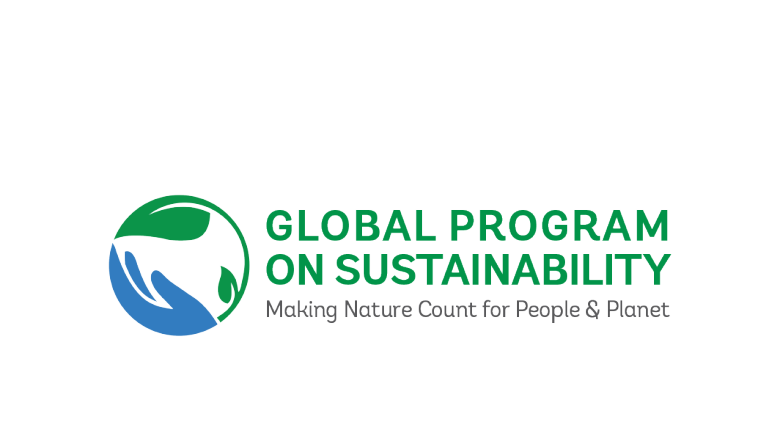Tunisia’s GPS grant aims to guide the development of the tourism sector in a way that is more sustainable and resilient to threats such as climate change. It will do so by developing and using a select set of ecosystem natural capital accounts at national and subnational/local levels, along with key information related to tourism activity, to provide the Tunisian government with a decision tool. As context, there is substantial potential for ecotourism and nature-based tourism offering diversification aligned with the Tunisia 2035 Sustainable Tourism Strategy, with the overarching goal of mitigating climate change impacts on beach tourism and transforming the Tunisian tourism model with a sustainable and inclusive approach.
Considerable headway has been made in advancing the development of the ecosystem natural capital accounts and sustainable tourism indicators/accounts in FY24. Preliminary accounts have been developed at the national level, drawing on global and national data sets. These accounts will be enriched by incorporating additional data currently being gathered at the national and regional levels. The ecosystem natural capital accounts are scheduled for publication on a geo-enabled platform by the close of 2024, while the sustainable tourism indicators will be integrated into the ecosystem natural capital and sustainable tourism account compendium, expected to be available by the end of 2024.
Moreover, to support the Tunisia CCDR, a study was conducted to model and evaluate ecosystem services associated with landscape management. This analytical endeavor involved creating thematic reports on critical ecosystem services such as sediment retention, surface water, underground water, carbon sequestration, and crop production. An economic assessment of these ecosystem services was carried out, culminating in a synthesis report that summarizes the core insights from the thematic reports and economic assessment. This synthesis report offers recommendations to strengthen integrated landscape management in Tunisia, including promoting nature-based solutions like afforestation, reforestation, soil and water conservation techniques, and agroforestry practices. The synthesis report will be published as a technical paper as part of the Maghreb Technical Notes Series.
Several public sector entities participated in GPS training, which took the form of a capacity building workshop on ecosystem natural capital accounting and a national training workshop for the validation of the sustainable tourism indicators’ development kit. These entities include the Ministry of Environment, Ministry of Tourism and Craft, Ministry of Economy and Planning, Ministry of Finance, Ministry of Agriculture, Water Resources and Fisheries, Ministry of Equipment and Housing, Tunisian National Tourism Office Tunisian Hotel Federation, Tourist Land Agency, National Environmental Protection Agency, Coastal Protection and Development Agency, National Institute of Statistics, National Statistics Council, and nongovernmental organizations.



